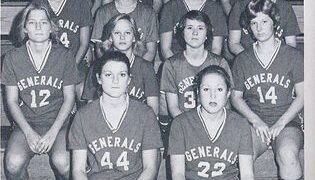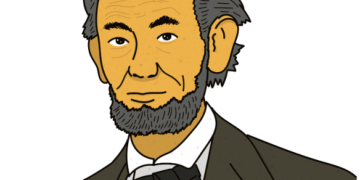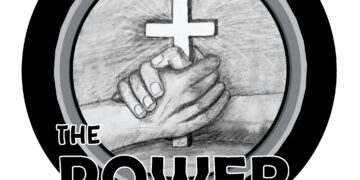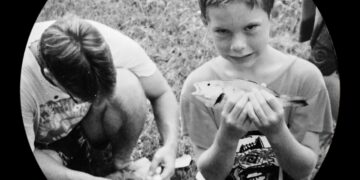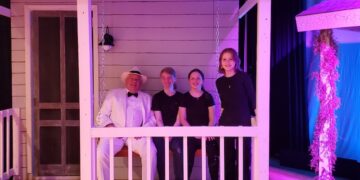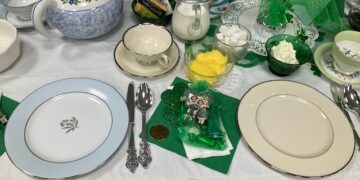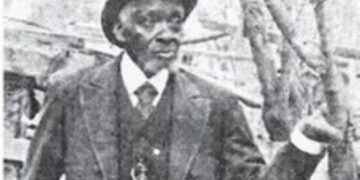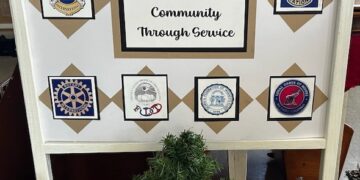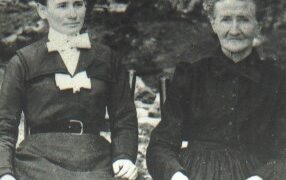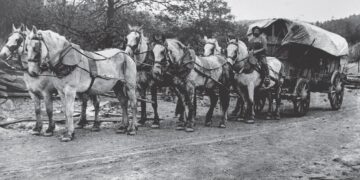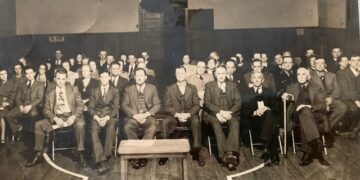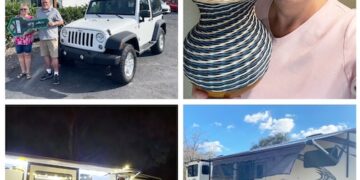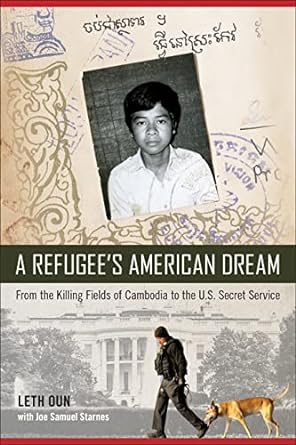
Reading the finished product is not only “deeply moving” but also guilt-provoking. Many of us in the U.S. were unaware, in the late 1970s and early ’80s, of the horror suffered by Cambodians under the Khmer Rouge army equipped with deadly AK-47s. We assumed a “heads in the sands” attitude as millions of people were tortured and died in the “killing fields,” the horrific rice paddies operated by the Khmer Rouge and worked by slave labor provided by their own people, particularly women and children. Leth Oun was one of these children.
In his memoir, Leth narrates his entire life history. Born in 1966, he grew up in a loving, middle class family in a small, but caring, community outside Battambang City in northwestern Cambodia. His father was a career soldier, first in the French army and later in the Royal Cambodian Armed Forces. His mother, a seamstress, also rolled cigarettes for extra money. By our standard, the Oun family was not well off, but the parents were ambitious for their two older children, Leth and his sister, Dy. His younger sister, Poch, was born just before Khmer Rouge took over. Oun attended the local school and hoped to achieve more education.
He was nine years old when his family life was completely displaced by the Khmer in 1975; as a soldier in the Royal Cambodian Army, his father was arrested and ultimately killed; his mother saved his baby sister by taking her to live with her paternal grandmother far from the city. Then, Oun, his mother, and older sister were abducted from their home and enslaved as rice-workers in the killing fields. Their lives were horrific–almost no food (watery rice soup, supplemented with bugs and rats), little shelter, and intermittent torture.
As a nine-year-old, Oun did the work of adult, at first, alongside his mother and his beloved dog, Dino, soon killed by their captors “because they could.” Later, separated from his mother, Oun learned mechanical skills that kept him alive. Their servitude continued until 1979 when Viet Nam defeated the Khmer Rouge. During this period Oun’s mantra was “I’m not going to die today,” a mantra that almost failed him during the last brutal days of Khmer rule.
When the Vietnamese army finally defeated the Khmer Rouge, Oun, his mother, and nephew (The result of a marriage the Khmer Rouge forced his sister into), lived together in three different refugee camps. Oun’s vivid memories of life in these camps provide clear insight into what life is like for people displaced from their home by war–think Ukraine. Oun, and his mother, who was nearly 60 years old by this time, lived in these camps for more than three years. Oun expresses gratitude to people from all over the world who operated these camps. In 1983, Oun and his mother finally gained sanctuary in the United States, living first in Maryland and later in Philadelphia.

The latter part of Oun’s memoir is almost more remarkable than the first. When he arrived in the U. S. at 17, he knew little English and had had almost no schooling after the age of nine. What he did have was intelligence, ambition, an incredible work ethic, and a magnetic personality; these qualities enabled him to achieve extraordinary success. Even without English, he held numerous jobs and went back to school, graduating from high school when he was nineteen. He married early and had two children, but still dreamed of more education. After completing community college and earning a degree from Widener, Oun began a career in law enforcement that ended with his acceptance into the Secret Service, where he has guarded Dick Cheney, the Bush family, Barak Obama, and Joe Biden. At 101, His mother lived long enough to witness his success.
At the end of the memoir, Oun says, “If I can survive the Killing Fields of Cambodia to become a protector of the president of the United States, nothing in this world is impossible. I am living proof of that.” He will use profits from sales of A Refugee’s American Dream to help the poor in Cambodia where his younger sister continues to live.
Note: Tantor Media released and audio-book edition on October 10.



